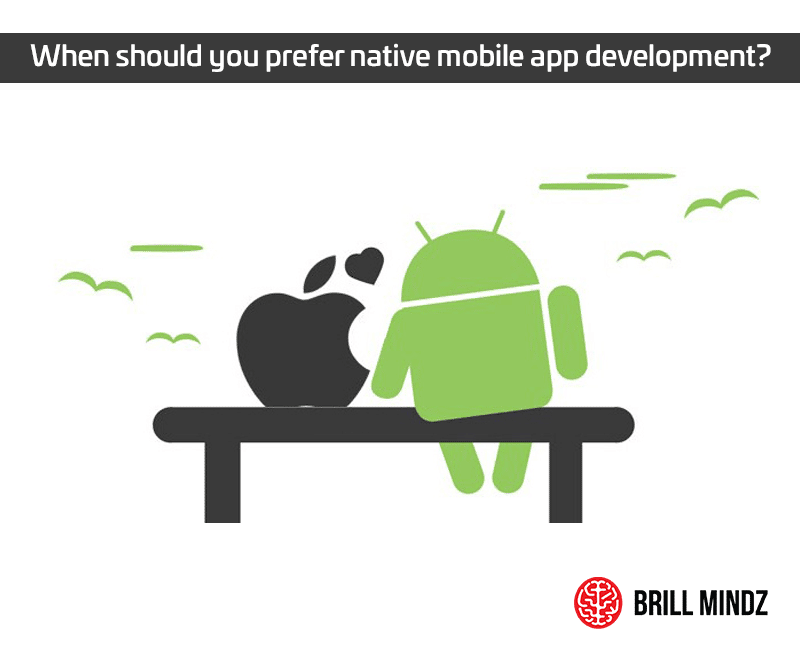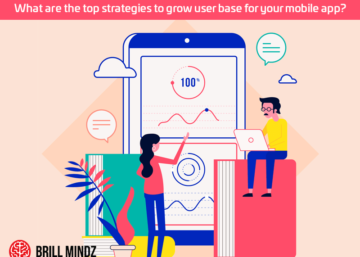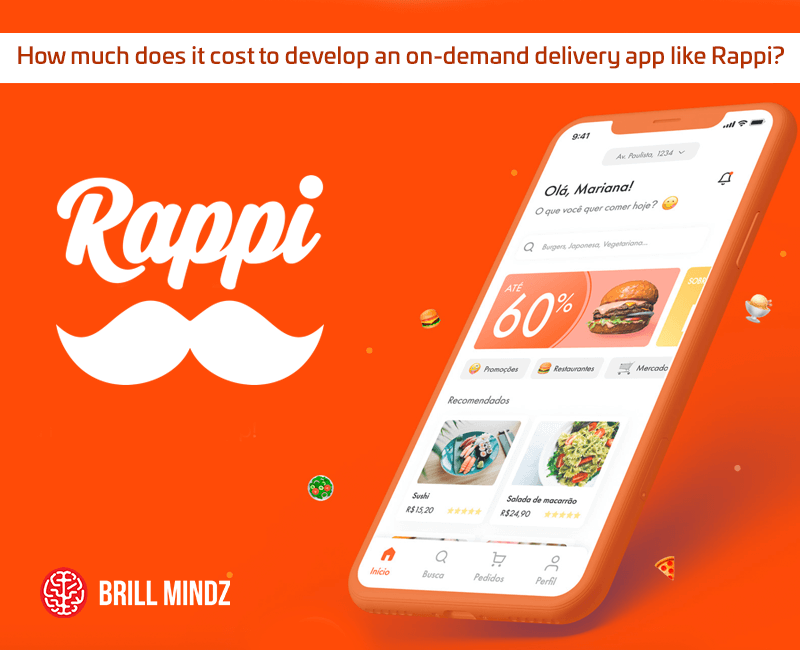When Should you Prefer Native Mobile App Development?
In the current digital era, mobile apps have become a mandatory aspect for almost all kinds of businesses to stay competitive. Amidst this hype for mobile apps, there are two highly used methods of mobile app development namely native and cross-platform. While native apps consist of a single code base and run on one platform, cross-platform apps also have a single coder base but can run on multiple platforms. While several firms are tilting towards cross-platform app development, does native mobile app development hold value? Keep reading the article to know why native app development is still important for exclusive benefits.
When should you prefer native mobile app development?
Performance:
Since native apps are crafted in languages that are specific platform supported, they perform more smoothly than cross-platform apps. For iOS, apps may be developed employing Objective C, android apps are generally developed with Java, Kotlin, etc. The native apps consist of a wide pool of APIs that are streamlined for various kinds of system versions, screen sizes, devices, types, etc. Native apps are the best choice for both offline app activities and online apps which require seamless API to server communications. Regardless of the type of app niche, users always look for top-notch performance without any interruptions. If you fail to reach the user-expectation levels, then there are chances that users may lose interest in no time. Hence, performance is one of the key aspects that promote the need for native mobile app development.
Compatibility:
Some of you may argue that cross-platform apps will run on multiple platforms. But there are fair chances that this common code may show some unexpected issues on one particular platform while running smoothly on another. Since the code is generic it will try to make use of all available APIs to ensure it runs on multiple platforms. But this will not be the case with native apps. If you are looking to have an app with no compatibility issues, then a native app is your best bet.
Also Read: Educational app development cost
A preferred choice for expert developers:
Expert developers are well aware of the ins and outs of native platforms like Android, iOS, Windows, etc. Such mobile app developers can create exciting products by employing a native app development approach. Businesses can focus on solving user problems creatively along with providing error-free operations to their target customers. With strong technical knowledge, this can create wonders in ending up with the best possible output which will make the customers stick to the app forever.
Security:
Native apps are supported by multi-layers of the specific operating system which make it tougher to break and intrude. Since the security features of that particular platform can be employed to its fullest extent, security will not be a major concern in native app development. Moreover, native apps never have any reliance on 3rd party frameworks for the development of rich features and functionalities. Native apps will make use of exclusive platform SDKs, that have been highly tested across the system. Moreover, with every update, you will be assured of employing the verified SDKs for that particular platform. These exclusive platform SDKs are developed over a longer period than others, eliminating any security issues. You can assure yourself of getting reliable, secure, and tested software through these long release iterations. Hence native apps offer the best security when compared to others.
Scalability:
Any kind of digital product needs to be updated at regular intervals for including inventions in the technology. Since native apps are exclusive., they are compatible with only one particular platform. It offers the precise advantage of employing features across different platforms. Native apps allow seamless usage of any platform features which makes it easy to scale further. If you are looking to collectively make use of both cross and native platforms, then you can start with a native app, then stretch it with cross-platform code. Amidst all the confusion, this is the beneficial strategy employed by several successful players in the market.
Device Features:
Another exclusive advantage offered by native apps is their ability to allow the usage of all the device features. But cross-platform apps are unable to make use of device features to a complete extent. Further, native apps allow easy and swift implementation of the features by employing the APIs offered by those specific operating systems. Regardless of the types of the operating system, each one will have its features to be used effectively. If one product wants to employ the camera features of a device comprehensively, then it should be built with native code. Native apps can make use of all the device features to frame the right final output. But during the development of these native apps, app engineers must adhere to the norms of that particular platform (Android, Windows and iOS).
Rich design:
A specific platform will have a similar UI which will be constant for all users. Since all native apps will have a similar UI, users will be familiar with the navigations across all the platforms. Moreover, since there will be fast performance, it allows every aspect to be run smoothly without any hiccups. With expert native app developers in place, they can just follow the platform standards during the design stages. Employing native mode will help in the results of smooth UI UX design for any given platform. But you must associate with an expert native app developer to guide you on an accurate path at all stages.
Also Read: cost to develop e-learning App like Tutopia
To wrap up:
The requirements of choosing between a Native app and a cross-platform app depend on the business motives, target customers, and all other crucial aspects of the venture. Not to forget, budgeting limitations will also play a major role in deciding the type of mobile app development. Businesses will gain success when they have guidance from a reliable mobile app development company like Brillmindz technologies. The company has loads of expertise in developing high-performing native apps and versatile cross-platform apps across diverse niches.













